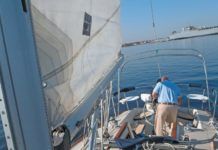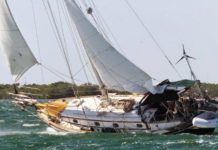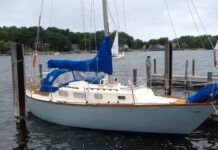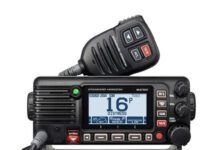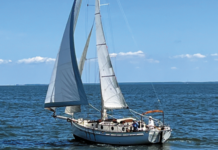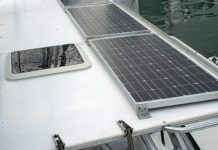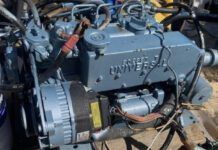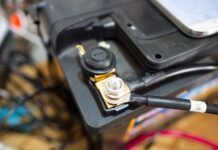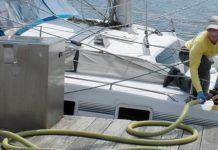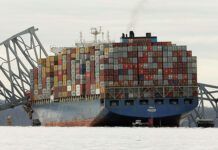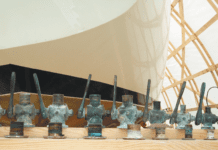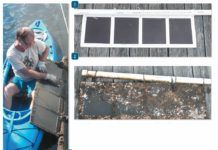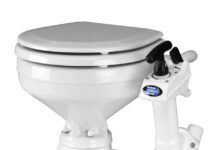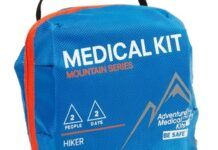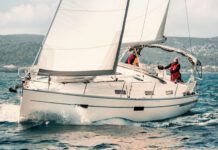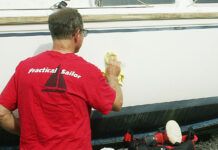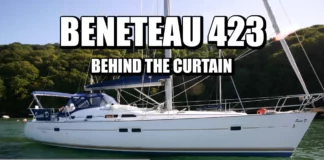In the wake of questions about the tensile strength of steel used in the shafts of Rocna anchors, West Marine has issued product specification notices to customers who have purchased Rocna anchors since 2010 and recently posted the notice on its website. West Marine is one of worlds largest distributors of the Rocna, a plow-style anchor sold in 34 different countries. The Rocna earned a Recommended rating in Practical Sailor‘s2008 tests of heavyweight anchors, finishing behind the Manson Ray and the Manson Supreme (November 2008).

The West Marine notification states that certain Rocna anchors were made with a weaker grade of steel compared to that published on the Rocna website and directs customers to Rocna for information regarding the materials and construction of the Rocna anchor. Under its No Hassles Guarantee, West Marine offers a full refund to owners who are not satisfied with their purchase.
West Marines offer comes after several months of heated online debate over the strength of the shafts of Rocna anchors made in China. Rocna CEO Steve Bambury told Practical Sailor that based on recent tests, Rocna could find no cause for a recall. The [anchor] chain is going to fall apart long before the anchor ever does, he said.
According to Bambury, Rocna recently learned that a small portion of anchors manufactured in China during the first quarter of 2010 were made using a shank steel with a reduced specification.
A former Rocna production manager, Grant King, claims that as many as 4,000 Rocna anchors don’t meet the specifications that Rocna had promoted on its website. Rocna, however, disputes that claim.
We know that less than 300 anchors were sent to North America, ranging in sizes from 9 to 330 pounds, Bambury told PS. None of the 33-pound models were sent to North America and can be ruled out. He said there is no way to identify the anchors with the reduced specifications.
The controversy surrounding the Rocna anchors sheds a light on the dark, not-so-secret secret in marine manufacturing: Once a domestic-made product gains a large market share or loyal following, production is often shifted offshore; profits go up, prices remain steady (although not always), and quality often suffers.
Makers argue that they must remain competitive and keep costs down. However, a shift to offshore production-particularly when you’re dealing with marine-grade or high-tensile steel products-requires extremely close monitoring of quality control. As we’ve seen in some of our past tests, not all manufacturers are following through on quality control.
For a more detailed report on West Marine’s product specification notice and the history of the controversy surrounding Rocna anchors, see the September issue of Practical Sailor magazine.


